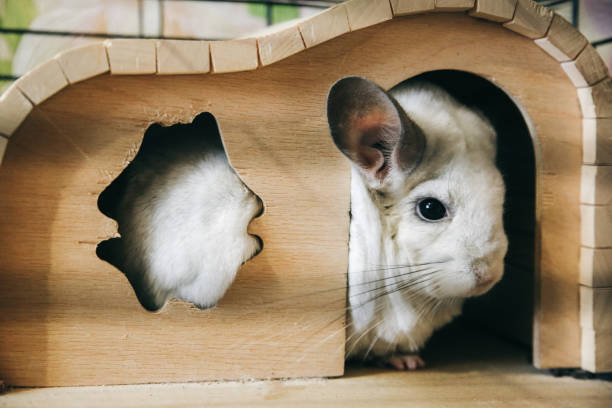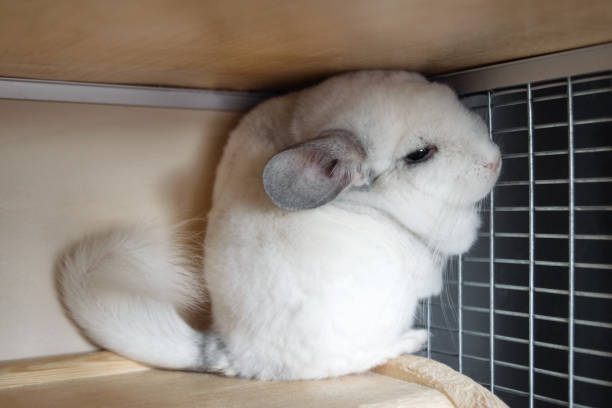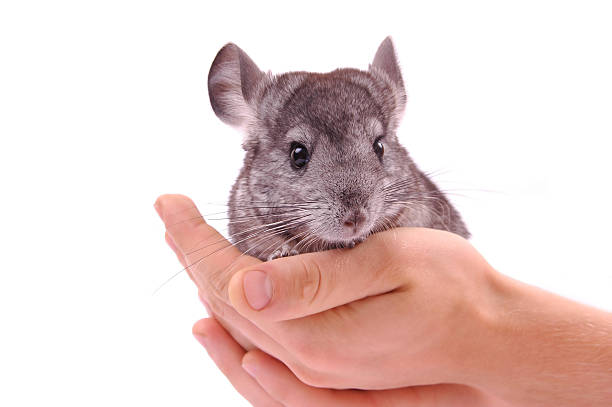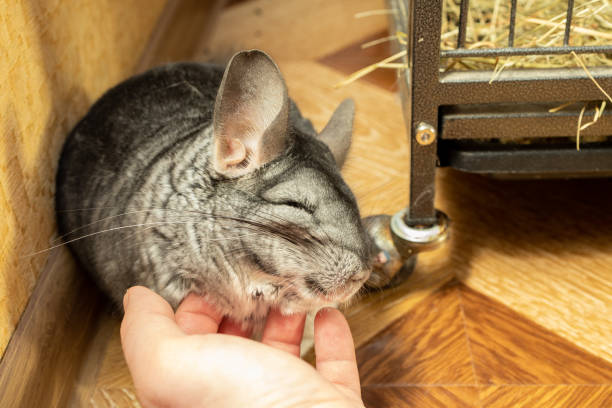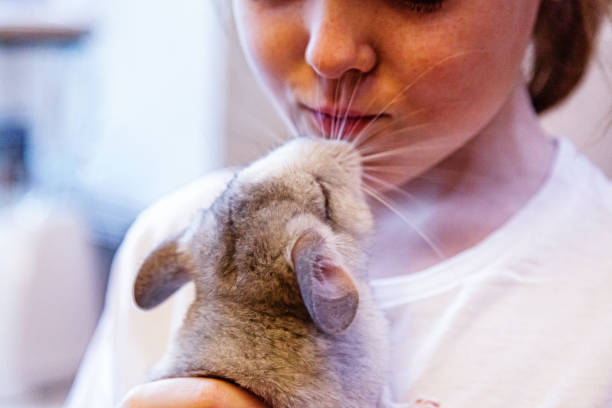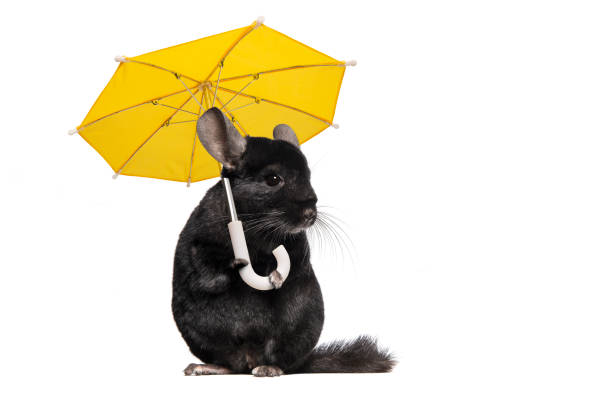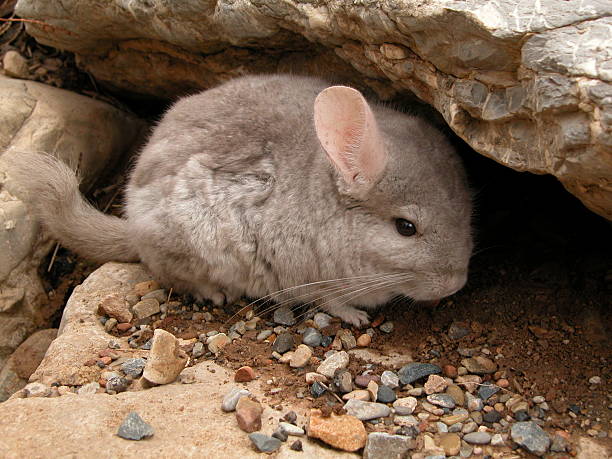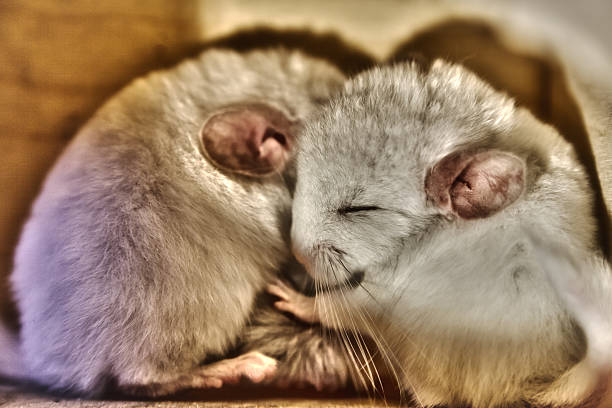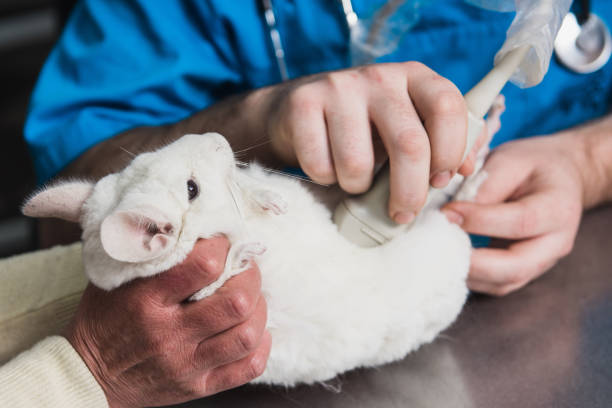White Chinchilla: The Adorable and Unique Pet for Your Home
This post contains affiliate links. This means I will make a commission at no extra cost to you should you click through and make a purchase. Read the full disclosure here.White chinchillas are charming and fascinating pets that have gained immense popularity among pet lovers. Their soft, plush fur, lively personalities, and unique appearance make them an irresistible choice for those seeking a delightful companion. In this article, we will explore the captivating world of white chinchillas and everything you need to know about keeping them as pets.
What is a White Chinchilla?
A white chinchilla is a small, crepuscular rodent belonging to the Chinchillidae family. Known for their luxurious and incredibly soft fur, these creatures have captivated the hearts of many animal enthusiasts worldwide. White chinchillas are a color variation of the standard chinchilla, displaying a pristine white coat that adds to their charm.
The Origins of White Chinchillas
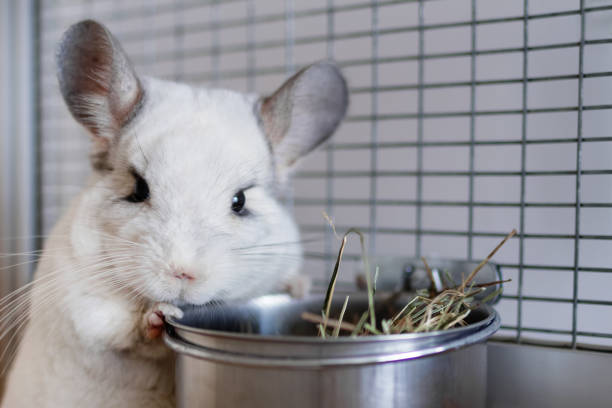
The native habitat of chinchillas is the Andes Mountains in South America. Historically, their fur was highly prized, leading to overhunting and a decline in their wild population. Today, responsible breeding and conservation efforts have ensured their survival, and white chinchillas have become a cherished presence in many households.
Why Choose a White Chinchilla as a Pet?
The decision to bring a white chinchilla into your home comes with numerous rewards. These adorable creatures are not only cute and cuddly but also intelligent and social. They form strong bonds with their owners and can provide endless joy and companionship.
The Perfect Home for Your White Chinchilla
5.1 Cage Requirements
Creating a comfortable and secure living space is essential for your white chinchilla’s well-being. The cage should be spacious, well-ventilated, and designed to prevent any potential escapes.
5.2 Bedding and Nesting Material
Soft and dust-free bedding is vital to ensure your chinchilla’s comfort and prevent respiratory issues. Providing nesting material allows them to exhibit their natural behaviors.
5.3 Temperature and Humidity
White chinchillas are sensitive to high temperatures and humidity. Maintaining an appropriate climate is crucial to their health and happiness.
5.4 Proper Ventilation
Adequate airflow in the cage is necessary to prevent the buildup of ammonia and other harmful substances.
5.5 Enrichment and Toys
Keep your chinchilla mentally stimulated by providing toys and items for them to play and interact with.
Feeding Your White Chinchilla
6.1 A Balanced Diet
A proper diet is essential for your chinchilla’s overall health. A balanced blend of hay, pellets, and occasional treats will ensure they receive the necessary nutrients.
6.2 Fresh Water Availability
Clean, fresh water should always be readily available to keep your pet hydrated.
6.3 Healthy Treats
Treats can be given in moderation, but it’s crucial to avoid sugary or fatty options that could harm their health.
6.4 Avoiding Toxic Foods
Certain foods, like chocolate and caffeine, can be toxic to chinchillas and must be kept far away from their diet.
Grooming and Hygiene
7.1 Bathing Guidelines
Chinchillas should never be bathed in water. Instead, they take dust baths to keep their fur clean and healthy.
7.2 Coat Care
Regular brushing is necessary to remove loose fur and prevent matting.
7.3 Nail Trimming
Trim your chinchilla’s nails regularly to prevent overgrowth and potential injuries.
7.4 Dental Health
Chinchillas’ teeth continually grow, so providing appropriate items to chew on helps keep their dental health in check.
Understanding Your White Chinchilla’s Behavior
8.1 Social Nature
Chinchillas are social animals that enjoy interaction and playtime with their owners.
8.2 Nocturnal Habits
Being crepuscular, white chinchillas are most active during dawn and dusk.
8.3 Vocalizations
Chinchillas communicate using various vocalizations to express emotions and feelings.
8.4 Body Language
Understanding their body language can help you gauge your chinchilla’s mood and needs.
Training and Bonding with Your White Chinchilla
9.1 Positive Reinforcement
Use positive reinforcement to encourage good behavior and foster a strong bond with your pet.
9.2 Building Trust
Be patient and gentle when building trust with your chinchilla, as they can be skittish at first.
9.3 Common Tricks to Teach
Teaching simple tricks can be a fun way to engage your pet and strengthen your relationship.
9.4 Spending Quality Time
Spending quality time with your chinchilla is crucial for their happiness and well-being.
Common Health Issues and Care
10.1 Dental Problems
Monitor your chinchilla’s teeth and seek veterinary care if any issues arise.
10.2 Gastrointestinal Issues
A proper diet and good hygiene can help prevent gastrointestinal problems.
10.3 Respiratory Ailments
Ensure a clean living environment to minimize the risk of respiratory issues.
10.4 Skin Conditions
Maintain proper grooming practices to prevent skin problems.
Where to Get a White Chinchilla
11.1 Reputable Breeders
Finding a reputable breeder is essential to ensure you get a healthy and well-cared-for chinchilla.
11.2 Adoption Centers
Consider adopting a chinchilla from a rescue center to give a loving home to a deserving pet.
11.3 Rescue Organizations
Supporting rescue organizations can save chinchillas in need and contribute to their well-being.
Preparing for Your White Chinchilla’s Arrival
Before bringing your chinchilla home, make sure you have everything prepared to welcome them into their new environment.
The Joy of Having a White Chinchilla as a Pet
The companionship and happiness a white chinchilla brings into your life are immeasurable, making them a fantastic addition to your family.
Conclusion
In conclusion, white chinchillas are enchanting and delightful pets that offer immense joy and companionship. By providing them with a loving home, proper care, and attention, you can ensure a fulfilling and rewarding relationship with your furry friend.
FAQs
Are white chinchillas suitable for families with children?
White chinchillas can make great pets for families with children, but supervision and gentle handling are necessary.
Do white chinchillas require special grooming compared to other colors?
White chinchillas may require more frequent grooming to maintain the pristine appearance of their fur.
Can white chinchillas live alone, or do they need companions?
Chinchillas are social animals, and while they can live alone, they generally thrive with companionship.
What is the average lifespan of a white chinchilla?
With proper care, white chinchillas can live up to 10-15 years.
Are white chinchillas nocturnal?
Yes, white chinchillas, like their standard counterparts, are crepuscular and most active during dawn and dusk.

